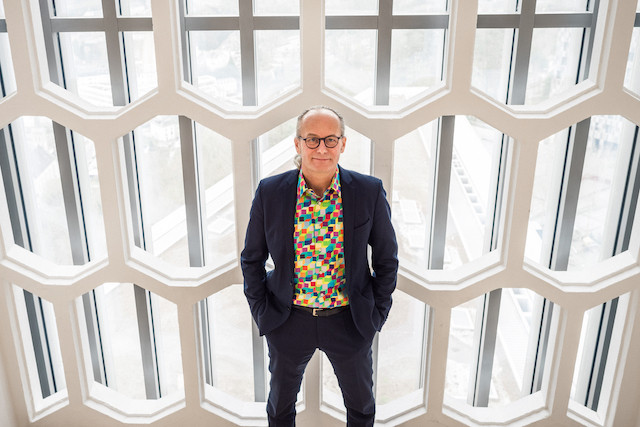Speaking at the clean fuels conference organised by the country’s Cluster for Logistics on Thursday, energy minister Claude Turmes (déi Gréng) said that decision-makers need to “anticipate infrastructure” for the transition to hydrogen cell fuelled transport and logistics. “We will start in Luxembourg with one [refuelling station] hopefully soon. That one, combined with a limited number of trucks, can serve as the first pilot,” he said.
Offering alternative fuel types is critical for Luxembourg to meet its 55% carbon emission reduction targets by 2030. A historically low tax regime on petrol and diesel has led to a phenomenon of fuel tourism in the grand duchy, meaning that private and logistics transport combined account for 67% of greenhouse gas emissions in the country. The government’s strategy is also to increase energy efficiency by up to 44% by 2030 and renewable energies by at least 25%.
Hydrogen fuel cells are considered cleaner and more efficient than traditional combustion-based engines. However, the cleanest way to generate this kind of fuel is currently also the most expensive. On Thursday, Turmes did not expand on what kind of hydrogen would be used and where it would be produced.
Regarding costs, he said that it was important to be strategic and consider whether Luxembourg could be most competitive in hydrogen or electricity refuelling.
For the latter, Turmes believed a large proportion of freight traffic would refuel at their depots, but work should be done to identify locations on motorways where “super nodes” to refuel electric trucks could be installed. Turmes said further studies were needed to answer the outstanding questions and tighten strategy.
One thing the minister was clear on was a catenary system, a highly efficient fuelling whereby trucks would run from electricity fed by overhead cables, would be too complex a solution for a country like Luxembourg.
